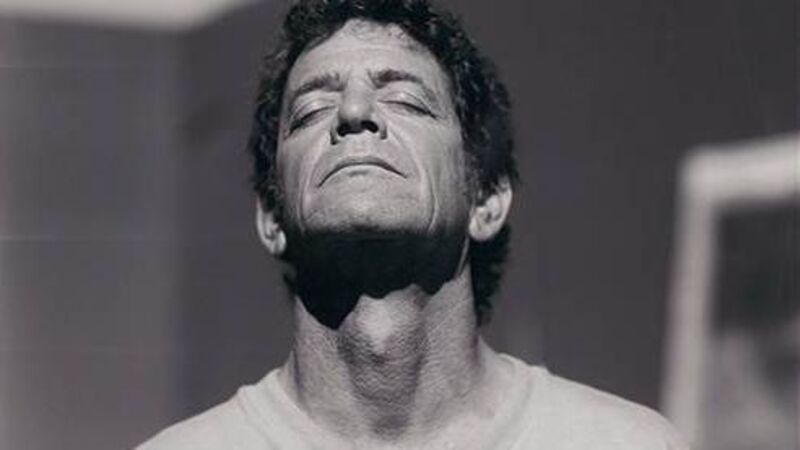Lou Reed's lost treasure: The inside story of the rediscovered demo tapes

Lou Reed — Words & Music 1965 is released on Friday, Sept 16.
Lou Reed’s Sister Ray office in New York’s West Village housed a cornucopia of artefacts spanning the singer’s life and career. Among this vast collection were his private photos, personal letters, tour memorabilia and bootlegs.




